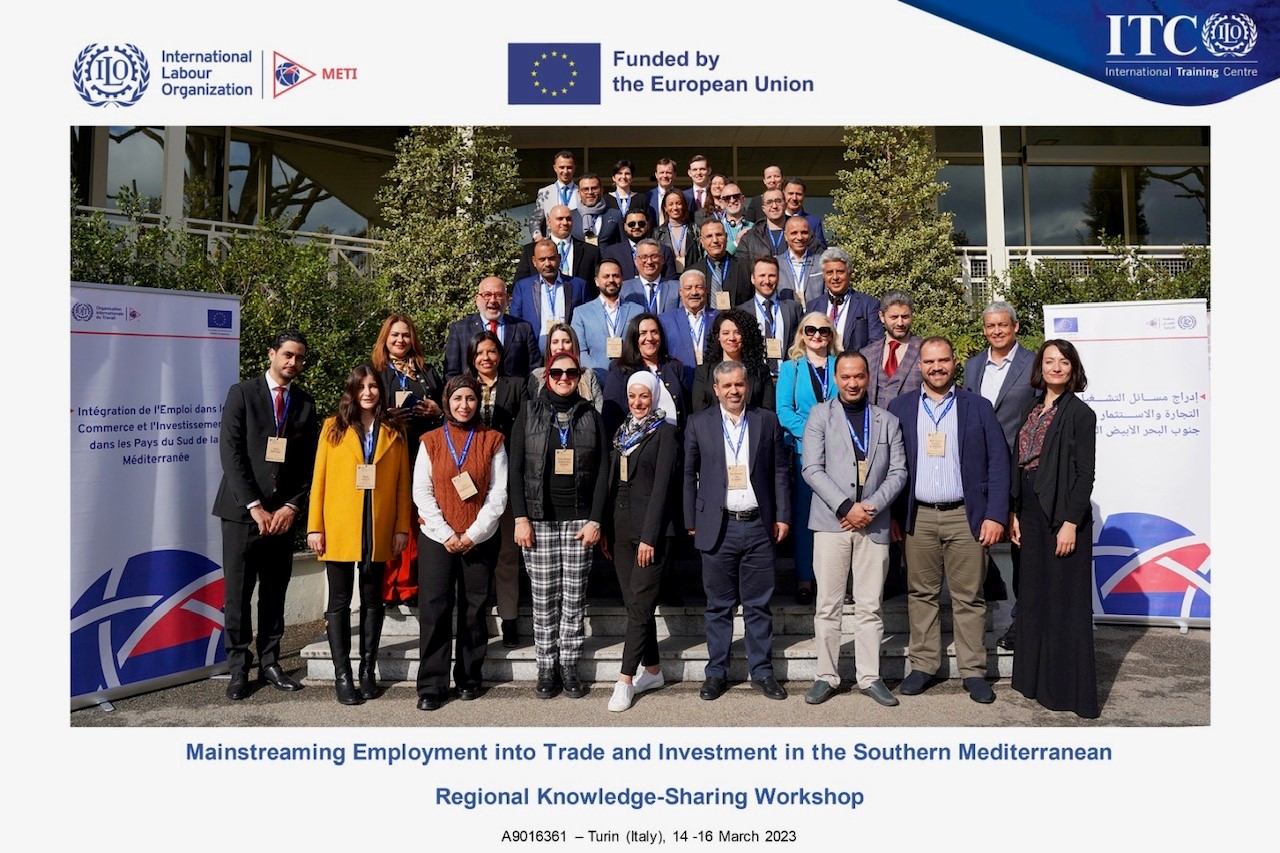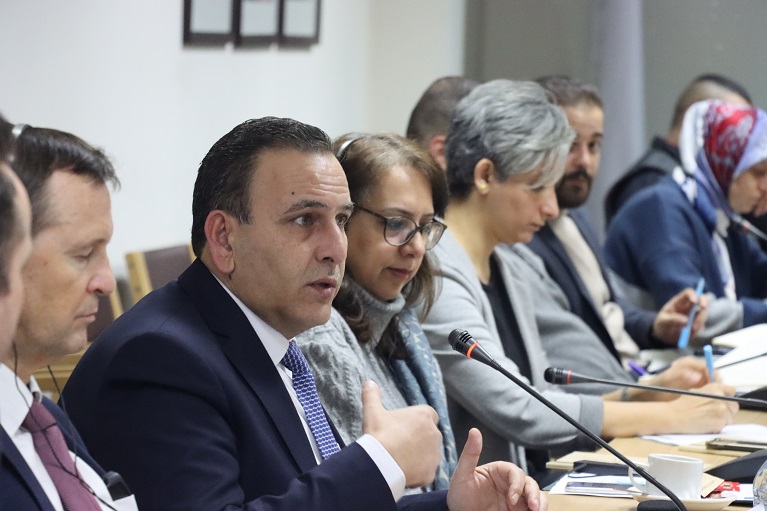Mainstreaming Employment into Trade and Investment in the Southern Neighbourhood (METI)
Project background
METI is a programme hosted in the EMPINVEST branch of the ILO’s Employment Policy Department,funded by the European Commission (EC) and implemented by the ILO. METI aims to better enable policy-makers in Middle East and North Africa (MENA) to incorporate an employment perspective into trade and investment policies. This will support the design and implementation of investment strategies that optimize the quantity and quality of employment creation in the region. These objectives are all the more urgent in the context of post-COVID-19pandemic recovery.The programme is facilitating the operationalization of the EU’s External Investment Plan (EIP)that aims to support inclusive and sustainable development of the Southern Neighbourhood region of the European Union. It aims to boost public and private investment to create more jobs and higher growth and work towards meeting other UN Sustainable Development Goals. METI was launched in the fall of 2020 and will continue to support policy-makers for a four-year period. The project collaborates closely with the Employment impact assessment to maximize job creation in Africa (STRENGTHEN 2), which covers related issues for countries in the sub-Saharan African countries.






